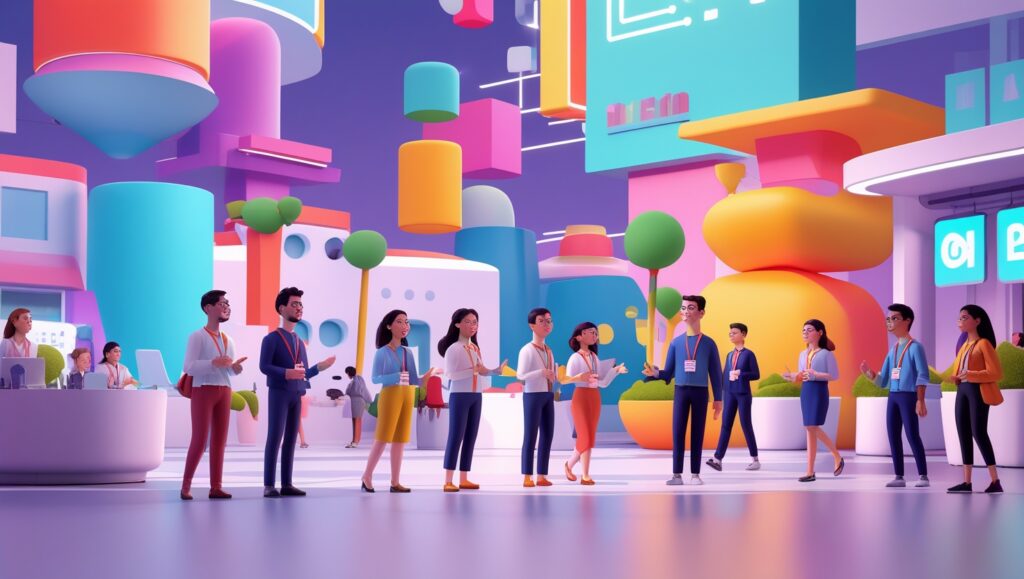Did you know that by 2030, global demand for freshwater will outpace supply by 40% if sustainable practices are not implemented? With rising populations, climate change, and water pollution straining supplies, the need for dialogue and solutions has never been greater. A Water Conference provides the platform where researchers, policymakers, NGOs, and industry leaders gather to tackle these urgent challenges.
These events are not just discussions—they are action accelerators, focused on innovations in clean water, climate adaptation, water security, and sustainable management practices. Let’s explore why a water conference is vital today, what you stand to gain by attending, and the role these conferences play in shaping global water security.
Why Water Conferences are Crucial Today
Conferences dedicated to water issues impact diverse areas of global life:
- Climate Solutions: Building resilience against floods, droughts, and extreme events.
- Public Health: Addressing waterborne diseases and sanitation.
- Sustainable Agriculture: Optimizing irrigation and reducing water waste.
- Urban Development: Integrating water-smart planning into growing cities.
By connecting scientists, urban planners, water companies, regulators, and NGOs, water symposiums create meaningful collaborations that influence both public policy and private investments.
Benefits of Attending an International Water Conference
An international water symposium provides multiple benefits for diverse stakeholders:
1. Access to Groundbreaking Research
- New innovations in desalination, wastewater reuse, and water purification.
2. Cross-Sector Collaboration
- Partnerships between governments, scientists, and NGOs accelerate global solutions.
3. Policy and Governance Development
- Discussions on water regulations, the human right to clean water, and transboundary water treaties.
4. Business and Industry Opportunities
- Renewable technology companies, engineering firms, and agritech startups explore water-driven markets.
Different Types of Water Conferences
Depending on your background, here’s what you might find:
- Global Water Summits – Broad events involving governments, UN agencies, and corporations.
- Scientific Water Symposiums – Focused on hydrology, chemistry of water, and pollution mitigation.
- Regional or Urban Water Conferences – City-level planning for water supply, waste treatment, and stormwater management.
- Student & Academic Research Meetings – Platforms for early-career researchers to present findings.
Future Trends in Water Conferences
Like other scientific gatherings, water conferences reveal and shape trends for the field:
- Circular Water Systems: Reuse and recycling to create closed-loop models.
- Digital Water Management: IoT sensors and AI for real-time monitoring of water systems.
- Climate-Linked Water Frameworks: Integration of hydrology models in climate action plans.
- Water Equity: Ensuring marginalized populations have equitable water access.
- Nature-Based Solutions: Using wetlands, forests, and ecosystems to support sustainable water cycles.
These conferences signal that water management is no longer a single-sector issue but an interdisciplinary mission.
Maximizing Your Experience at a Water Symposium
To get the most out of attending a water conference:
- Plan Ahead – Review the schedule and prioritize relevant sessions.
- Network Strategically – Aim to connect with keynote speakers and policy leaders.
- Contribute Your Work – Submit a research paper, poster, or case study.
- Engage in Discussions – Ask questions and share perspectives for visibility.
- Apply Insights – Bring actionable strategies back to your community or institution.
FAQ: Water Conference
Q1. What is the largest international water conference?
The World Water Forum is one of the largest global gatherings focused on water policy, research, and sustainable solutions.
Q2. Why should researchers attend water conferences?
To showcase findings, gain global exposure, and collaborate on projects linked to water conservation and climate.
Q3. How do water conferences impact climate action?
They integrate hydrology and climate research into adaptation and mitigation strategies.
Q4. Are there water conferences for students?
Yes, many host student forums, poster sessions, and competitions for young researchers.
Q5. What industries benefit from attending these events?
Agriculture, construction, energy, public health, and technology sectors gain valuable insights.
Q6. Are hybrid formats available?
Yes, digital participation has grown, making it easier for global communities to attend without travel.
Q7. What role do NGOs play in these conferences?
NGOs focus on water equity, sanitation, and community-level water rights advocacy.
Conclusion
A Water Conference is more than an academic gathering—it’s a global catalyst for sustainable water solutions. It unites stakeholders around clean water access, climate resilience, and innovation in sustainable management.
If you want to contribute to shaping global water strategy while advancing your own expertise and network, attending a water symposium is an essential step forward.
👉 Find your next Water Conference today:
Join Conferences Daily















